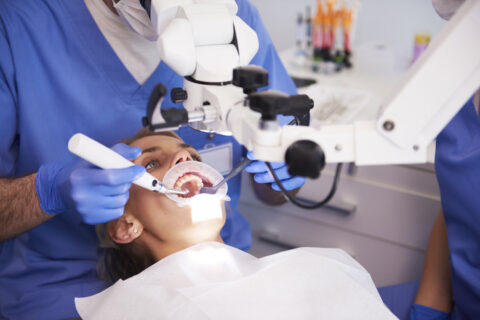PREPARING FOR A ROOT CANAL PROCEDURE
A root canal in Belmont is a routine dental procedure. When a dentist recommends a root canal, it usually means the inner tooth pulp has become infected. With a root canal, your dentist will remove the infected pulp and clean the inside of the tooth. A root canal can often preserve the tooth. However, in some cases, a dental crown will be placed. The best way to prepare for your root canal is to educate yourself about what happens before, during, and after the procedure. Keep reading to learn more.
Before Root Canal
Before your root canal, your dentist will take X-rays of your affected tooth and mouth. Dentists also suggest wearing comfortable clothing and taking a non-narcotic analgesic like Motrin or Aleve before your appointment. You may also want to take an acetaminophen like Tylenol to minimize swelling or discomfort afterwards. If you are prescribed antibiotics before your root canal, make sure to finish the entire course of medicine. If you are having sedation dentistry, follow your dentist’s instructions about what to eat and drink before the procedure.
During Root Canal
To prepare for a root canal, it helps to know exactly how the procedure will work. During the root canal, your dentist will remove the infected nerve and inner tooth pulp. If sedation dentistry is not used, your dentist will administer a numbing shot so you do not feel any pain. While the procedure is pain-free, you can expect to feel slight discomfort as the tooth’s pulp is removed. Once the tooth is cleaned, your dentist will seal the area.
After Root Canal
If your root canal requires further restoration of the tooth, dentists will place a dental crown in a follow-up appointment. The dental crown restores function to the tooth and prevents it from breaking. After your initial root canal, you can expect some swelling and discomfort. Your dentist may advise you to avoid chewing on the affected side of your mouth. Your dentist may also prescribe painkillers, if necessary, and suggest a dose of Tylenol to reduce pain and swelling.



